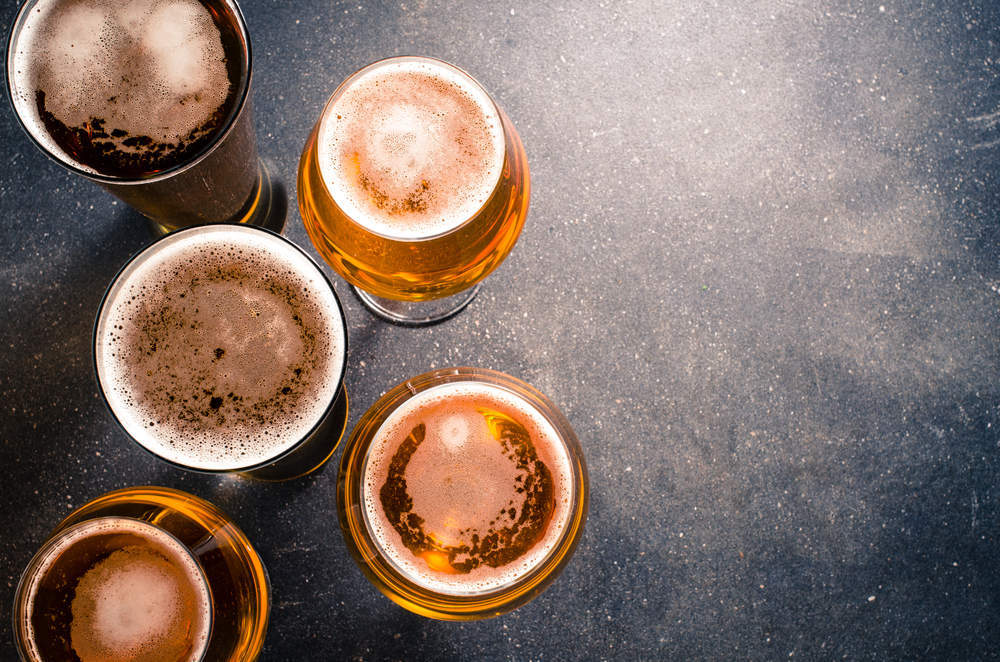
Brexit is looming and UK prime minister Theresa May is adamantly sticking to the end-of-March deadline for the triggering of Article 50 and the formal process of leaving the European Union.
The various drinks sectors of the UK are seeking some form of reassurance from the government that they’ll be able to outlive the damage caused as a result of an uncertain market and a potentially weak pound.
A better beer budget
The beer market looks to have been treated quite favourably in the budgets of the past few years, having benefited from three consecutive years of tax reductions and then a freeze on duty last year.
But this could never have fixed the damage done to the industry between 2008-2013, when the alcohol duty escalator was in effect.
The Campaign for Real Ale (Camra), along with the British Beer and Pub Association (BBPA) and the Society of Independent Brewers (SIBA), have launched a call to cut the beer tax, with Camra recently announcing its penny off your pint campaign.
The UK currently pays the highest rate of beer duty in Europe, at 52.2p per pint.
How well do you really know your competitors?
Access the most comprehensive Company Profiles on the market, powered by GlobalData. Save hours of research. Gain competitive edge.

Thank you!
Your download email will arrive shortly
Not ready to buy yet? Download a free sample
We are confident about the unique quality of our Company Profiles. However, we want you to make the most beneficial decision for your business, so we offer a free sample that you can download by submitting the below form
By GlobalDataThis is more than 13 times as much as the duty rate in Germany or Spain, and if the UK hopes to compete with brewers elsewhere in Europe, the government might need to begin its investment in the industry now.
“We believe that a cut in beer duty would help boost confidence in the British pubs industry, help brewers invest in their business and improve their competitive position,” says head of communications at Camra Tom Stainer.
Stop snubbing scotch
For the average bottle of scotch, tax is 77 percent of the price.
According to figures from the Scotch Whisky Association (SWA), scotch drinkers can expect to pay 19 percent more duty than wine drinkers, 51 percent more than beer drinkers, and 327 percent more than cider drinkers.
“In the UK we pay about 25 percent of all EU spirits tax, despite the UK only having about 11 percent of the EU’s population… For a bottle of scotch in the UK, about £7.74 is excise duty, but the EU average is £4.40,” says SWA head of communications Rosemary Gallagher.
The SWA has proposed a two percent cut in excise duty for spirits, and is asking the government to ‘stand up for scotch’, claiming that the vital role scotch plays within the UK economy should not be snubbed.
On the positive side, the scotch market is one of the few UK drinks sectors to not be too afraid of the upcoming Brexit uncertainty.
As one of Britain’s most popular exports, the product is expected to remain strong as the country develops relations with new and existing trade partners outside the EU, and according to the SWA, scotch will still pay a zero percent tariff when exporting to Europe.
Wine – still or sparkling?
While wine duty was frozen in Budget 2015, the industry suffered a 3.6 percent rise the following year.
According to a statement from the Wine and Spirit Trade Association (WSTA), the sector is set to suffer from the “triple whammy impact” of Brexit, inflation and alcohol duty hikes. Over half (55 percent) of the average bottle of still wine goes on tax, with sparkling wine rates being 28 percent higher still.
The disparity between sparkling and still causes a rift within the wine sector.
As many home-grown British wines are sparkling, WSTR fears the significantly higher rates of duty could dissuade customers from buying local.
The theme appears to be that the drinks market wants to know that it has the government’s support in the uncertain future facing the UK, and cuts to taxation in the Budget 2017 would be the perfect way to demonstrate this.







